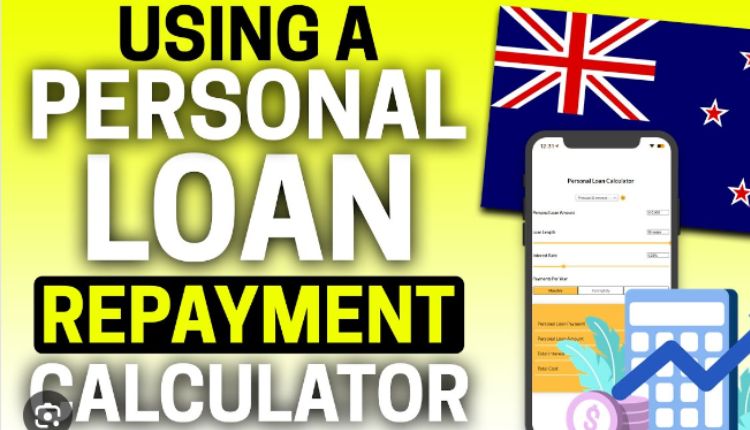Government loans are backed by the federal government and can be used for many purposes. Some common uses include college education, home ownership, disaster relief and starting a business. Government loans are typically low-cost and provide higher chances of approval than conventional options. They are popular among people who have limited seed capital or cannot qualify for conventional loan terms.
What Is A Government Backed Loan?
Government backed loans are insured or guaranteed by the government, which reduces risk for lenders and allows them to offer more competitive loan terms. There are a variety of government-backed loan programs, including home loans offered through the FHA, VA, and USDA, as well as student loans and small business loans. Many 정부지원대출 come with unique benefits, such as low down payments and flexible qualification requirements. For example, the FHA program offers a 3.5% down payment and the VA and USDA offer 100% financing for qualified buyers.
Other government-backed loans are subsidized, which means the government covers the interest costs for certain borrowers. This can make your overall repayment amount lower than what’s shown in our calculator results. There are also specific property standards for certain types of government-backed mortgages. So, always talk to your trusted mortgage partner about all of your options before choosing a lender and loan program. They’ll be able to provide you with the best information about each option.
What Are The Benefits Of A Government Backed Loan?
Generally speaking, government-backed loans offer more options than conventional mortgages. Conventional loans require a minimum credit score of 620, while many government-backed loan options (such as the FHA 203k mortgage and VA mortgage) allow you to purchase homes with lower credit scores. Additionally, a conventional loan typically requires you to pay mortgage insurance, while most government-backed home loans do not.
The benefits of a government-backed mortgage can be significant for borrowers with less than perfect credit and/or limited cash reserves. These types of loans are designed to help individuals and communities thrive by providing capital to people who would otherwise not have access to mortgage financing. Government-backed loans are a great way to help aspiring homeowners unlock the door to homeownership. They can also help fund education, business and community development, provide disaster relief, and much more. Moreover, some types of government-backed loans are even eligible for partial loan forgiveness if you work in public service.
What Are The Requirements For A Government Backed Loan?
A government backed loan refers to mortgage 대출납입계산기 insured by federal agencies. This provides lenders with a certain amount of peace of mind that they will not be exposed to risk if the borrower defaults on their mortgage. These loans typically have lower credit and income requirements than conventional mortgages. In addition, borrowers may be required to pay less of a down payment. This can be beneficial for borrowers with low to moderate income levels and lower credit scores. These types of loans are often offered by the Federal Housing Administration, U.S. Department of Agriculture, and the Veterans Affairs.
Conventional lenders typically require a credit score of at least 620, while government-backed loans may accept scores as low as 500. Additionally, government-backed home loans may be available to borrowers who have previously resolved financial issues like bankruptcies, liens and foreclosures. These loans may also come with additional closing cost allowances and credits. This can be especially beneficial for first-time homeowners.
Are Government Backed Loans Easy To Get?
Government home loans help borrowers clear hurdles that may prevent them from buying a house, such as saving enough for a down payment or having a lower credit score. They do this by offering lower-to-no down payment options and reducing the overall cost of borrowing. However, these loans are not without their limitations.
One downside to government-backed loans is stricter eligibility requirements. For example, only active military members and their spouses can qualify for a VA loan, while only those who live in certain areas can get a USDA or FHA loan. Additionally, the upfront fees for these types of loans can be higher than conventional mortgage loans. These extra costs can make them more expensive in the long run.
The Bottom Lines
Government-backed loans, such as FHA mortgages, take some of the risk off lenders by ensuring borrowers can pay back their loan. This makes it easier for lenders to offer more people a mortgage. Conventional loans are also popular and can offer better rates, especially for homebuyers with high credit scores. However, conventional mortgages may require more upfront fees such as private mortgage insurance.

